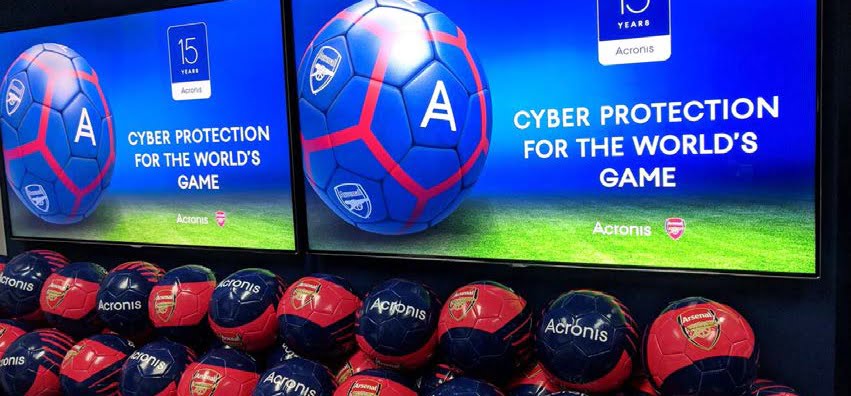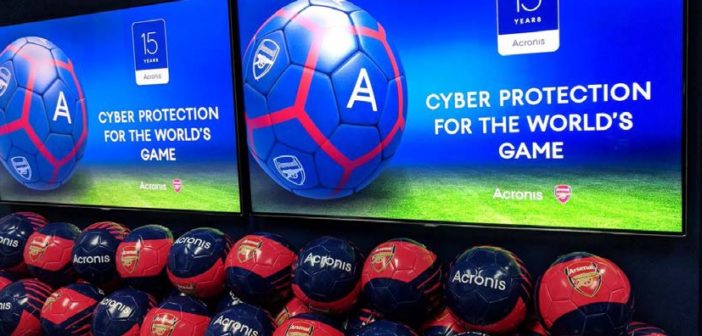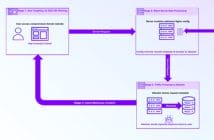
 The 2018 FIFA World Cup which took place in Russia from 14 June to 15 July 2018, with half the globe watching and costing an estimated $14 billion, was also the first World Cup to use the video assistant referee (VAR) system.
The 2018 FIFA World Cup which took place in Russia from 14 June to 15 July 2018, with half the globe watching and costing an estimated $14 billion, was also the first World Cup to use the video assistant referee (VAR) system.
Written into the Laws of the Game by the International Football Association Board (IFAB) in 2018, six years after the goal-line technology was approved, the adoption of VAR was yet another example of the growing trend in the use of technology and data analytics in sports.
Performing at the highest level of football inevitably involves players and referees contesting controversial decisions over millisecond movements of a foul play or a handball. Harnessing technology with the aim to square disputes and reduce questionable calls is undoubtedly a natural and practical solution with today’s faster, powerful and yet cheaper data processors and storage.
Data … and more data in the World’s Game
To be sure, data collection and analytics is not new in football. Sports commentators had long been logging events of the game, tirelessly dissecting each with statistics such as possession, passes completed, corners, shots on target.
Each history is used to predict the next winning or losing team, to debate on merits or gaping holes in performance, to challenge the wisdom of the team’s strategy, or even to suggest how to do things better the next time…Click here to read full article.





